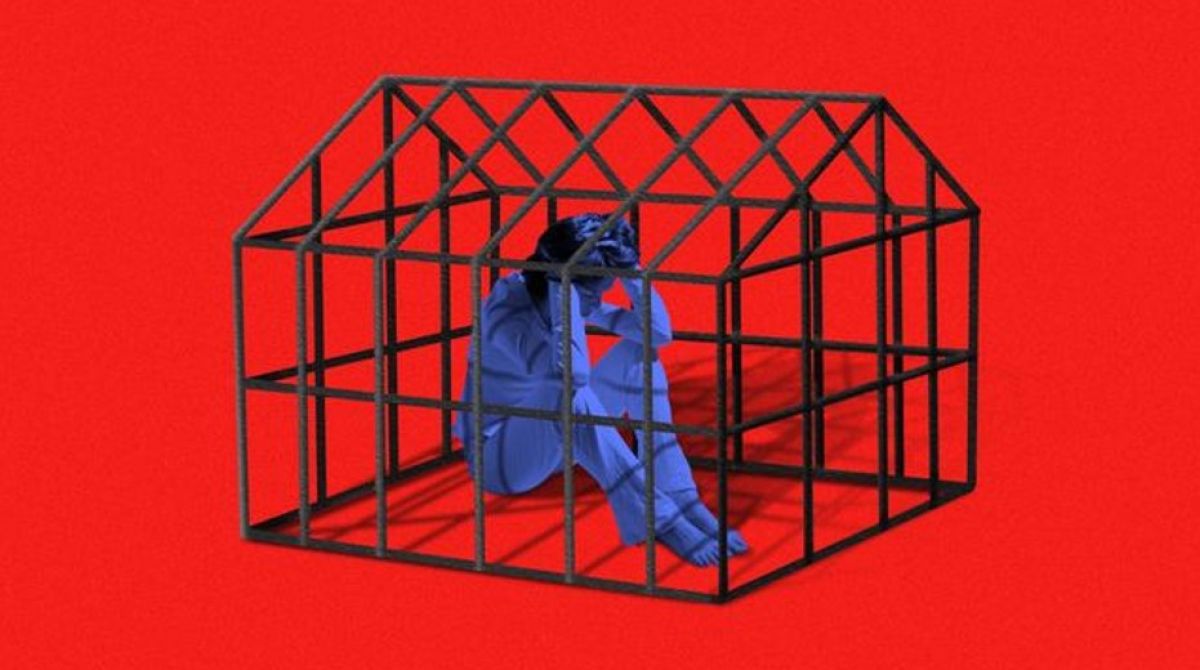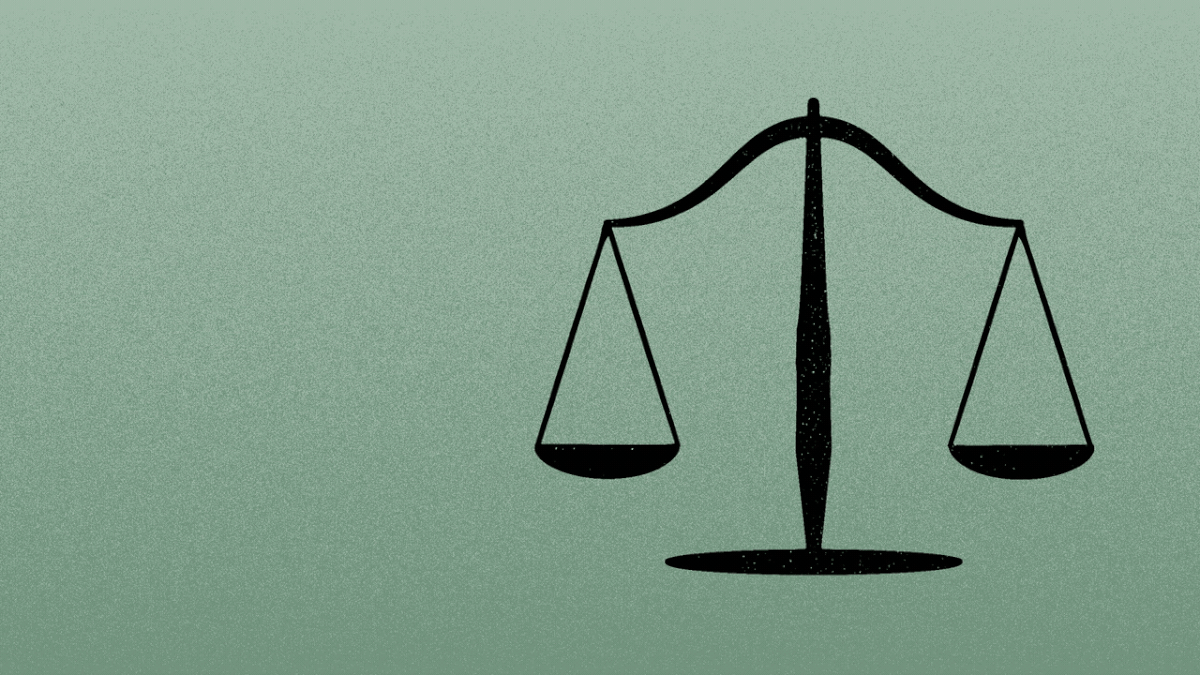eNews, Leadership
Five tips to extinguish workplace burnout

From handling customer disputes to managing cases of bankruptcy, credit professionals are often faced with high-stress situations. However, prolonged stress can lead to burnout, particularly during year-end when workloads intensify.
Why it matters: Credit professionals must recognize the telltale signs of burnout and carry out proactive solutions to prevent it in themselves and in their team members. This will improve the health and performance of your department.
What is burnout?
Burnout is a mental, physical and emotional state of exhaustion caused by repetitive or prolonged stress. At work, burnout can reduce productivity and lower motivation. It can also lead to job dissatisfaction and loss of personal happiness.
However, each individual has their own stress threshold, with some having a higher tolerance than others. What causes burnout for one person may differ for another. By recognizing burnout symptoms, you have a higher chance of preventing and eliminating burnout for yourself and your team. Common signs of burnout include:
- Exhaustion
- Mental distance from work
- Negativism or cynicism about work
- Reduced professional efficacy
- Helplessness, hopelessness and resentment
- Insomnia and/or chronic fatigue
- Headaches, back aches and stomach aches
- Anger, isolation and irritability
- Loss of appetite or changes in eating habits
- Strained work relationships
Here are some tips to help prevent and diminish burnout:
#1 Talk about it
Talking to someone is one of the most direct and effective ways to alleviate stress. If you notice that a team member is showing symptoms of burnout, schedule a one-on-one meeting to figure out what’s happening and find a way to help them. However, some people may be less likely to open up due to their personality or fear of appearing difficult or incompetent.
Chelsea Hirn, CBA, director of credit operations at KGP Telecommunications LLC (Faribault, MN), makes sure her team feels comfortable giving feedback in a respectful manner. “I let them know that their opinions are valued and that they’re trusted to bring up frustrations or concerns about processes or workloads,” she said. “If a situation comes up, they feel free to talk with me about it to get direction, clarity or to make changes.”
#2 Take a break
Taking breaks from work helps maintain mental and physical health. According to recent studies and surveys, taking regular breaks can significantly reduce stress levels. Data shows that individuals who consistently take breaks experience a 43% greater ability to manage stress and anxiety, while a 13% increase in productivity compared to those who don’t take breaks.
During those breaks, you can engage in relaxing activities like walking, meditation and being in nature. “I encourage my team, especially those who are under intense pressure, to get up from their desk and take a walk,” said Natalie Hawn, CBA, assistant credit manager at National Beef Packing Company, LLC (Kansas City, MO).
#3 Team-building exercises
Team-building exercises improve communication, trust and collaboration within a team. They also leads to increased productivity, improved problem-solving abilities and a more positive workplace culture. Fun activities and competitive games such as a scavenger hunt or an escape room can increase team spirit.
#4 Prioritize tasks
A main cause of stress is a heavy or overwhelming workload. By prioritizing tasks based on importance, you can eliminate stress and improve efficiency for each task. “I ask my team what tasks they should be doing and what tasks they should stop doing,” Hawn said. “I help them visualize different ways they can complete tasks.”
Manual or repetitive tasks tend to be the most exhausting for credit managers. Finding ways to work around those or use automation can help lower overall stress. “If they feel the task is redundant or if they start feeling burnt out on anything, we change up tasks and prioritize other tasks,” said Jake Merriman, credit manager at Masons Supply Company (Ridgefield, WA). “Not only does it give you other outlets, but it also keeps you learning and engaged in the whole aspect of credit and AR.”
#5 Practice self-care
Practicing self-care will help maintain your physical, emotional and mental reserves to prevent and manage stress. This includes regular sleep, exercise, relaxation and eating well. “You can practice self-care for a few minutes to prepare for the day such as listening to meditative music on your way to work,” Sheila Roames, CCE, western regional credit manager at Ergon Asphalt & Emulsions (Chandler, AZ), said during a Credit Congress session, You Deserve an Upgrade: Leadership Wellness.
The bottom line: By recognizing the telltale signs of burnout and using proactive solutions, credit professionals can prevent and diminish burnout. This will in turn, improve the health and performance of your department.





